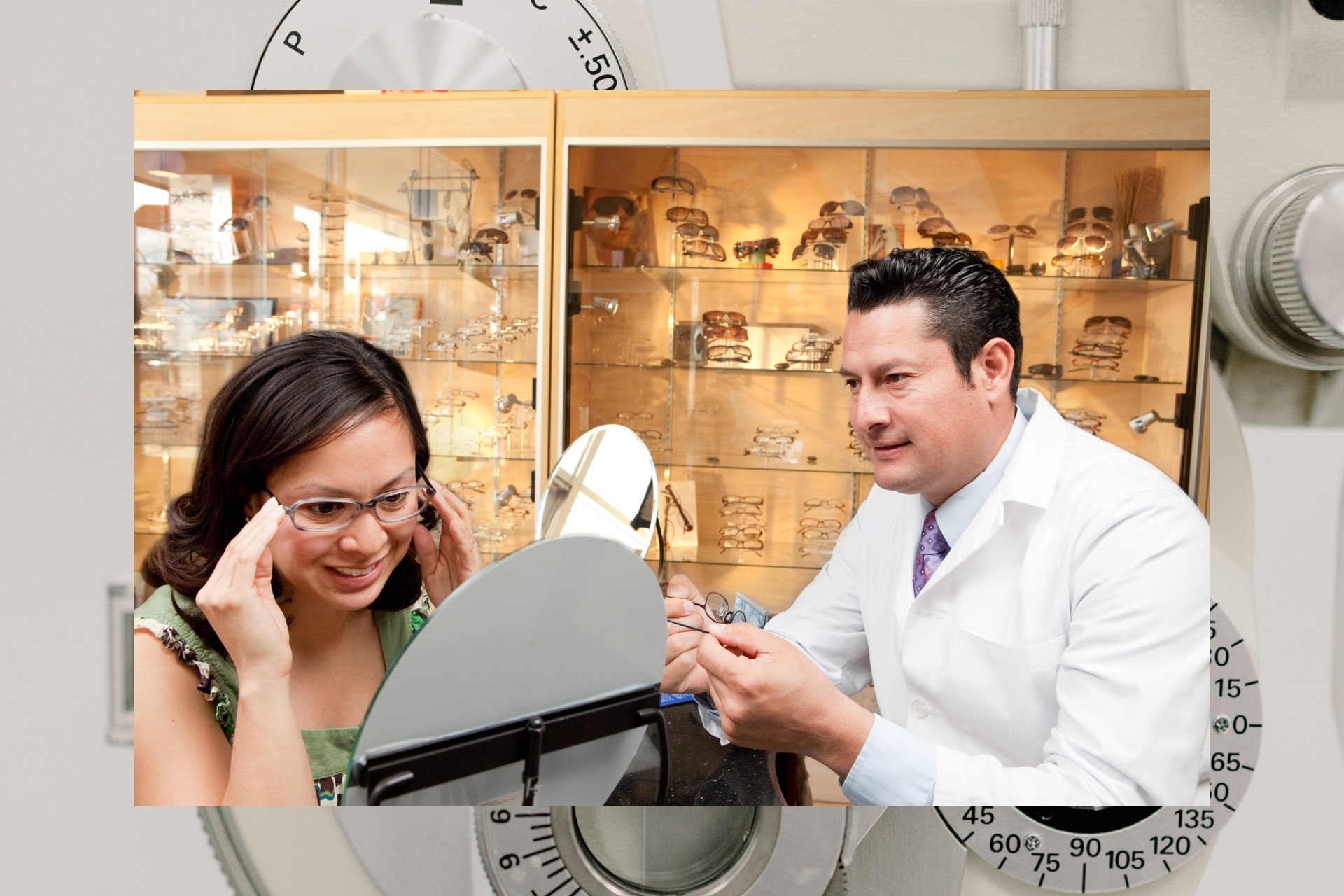

In today’s fast-paced world, establishing trust within any medical practice, including optometry, is crucial. Patients are not just looking for accurate diagnoses; they want to feel confident in the hands of their healthcare providers. Trust is not built overnight, but through consistent care and compassionate service. A notable Optometrist in Arlington, VA, NOVA Optique + Eyecare, exemplifies how a patient-centered approach can foster trust, ensuring patients receive not only the best eye care but also feel valued at every step of their visit.
When people visit an optometrist, they are often concerned about their vision and overall eye health. This can lead to feelings of anxiety or apprehension, especially for patients facing potential diagnoses of vision impairment or eye diseases. Compassionate care can significantly reduce these fears, allowing patients to feel more at ease during their appointments. It is not just about what procedures or treatments are available; it is about how those services are delivered. A kind word, a comforting environment, and empathetic communication go a long way in helping patients feel secure.
Optometry practices that adopt a compassionate culture prioritize understanding the emotional needs of their patients. They listen attentively to concerns and take time to explain conditions and treatment options in clear, simple language. This approach helps build rapport between optometrists and patients, which is a key element of trust. Patients who feel heard and understood are more likely to return for future visits and recommend the practice to friends and family.
One of the most effective ways to build trust is by offering personalized care tailored to each individual’s needs. Each patient’s eye health is unique, and a one-size-fits-all approach rarely works. Compassionate optometrists understand the importance of tailoring their care to meet the specific needs of each patient. From taking detailed medical histories to recommending treatment plans that align with lifestyle and preferences, personalized care shows patients that their health is the top priority.
For example, an optometrist who takes the time to discuss the various types of corrective lenses, explaining the benefits and potential drawbacks of each, is more likely to gain a patient’s trust than one who simply prescribes without explanation. Patients appreciate feeling like they have control over their treatment choices, and this level of collaboration builds confidence in the practice. NOVA Optique + Eyecare’s commitment to providing customized treatment options has made them a trusted name in Arlington, as they emphasize the importance of individualized care for every patient.
The physical environment of an optometry office also plays a role in building trust. A welcoming, clean, and professional setting helps put patients at ease from the moment they walk through the door. Small touches such as comfortable seating, well-organized waiting areas, and friendly staff can make a big difference in how patients perceive the quality of care they will receive. A professional atmosphere signals to patients that the practice is serious about providing excellent care.
Beyond the aesthetics, a compassionate optometry practice ensures that every interaction—from check-in to examination—fosters comfort and reassurance. Patients should never feel like they are being rushed through their appointment. Allowing time for questions, concerns, and thorough explanations not only enhances the patient experience but also deepens the trust they have in their optometrist. Practices that focus on creating this warm and welcoming environment, like NOVA Optique + Eyecare, ensure patients feel respected and well cared for.
Clear and effective communication is at the heart of a trust-based relationship between optometrist and patient. Many people feel vulnerable when discussing medical issues, and if they don’t fully understand their condition or treatment options, they may become anxious or reluctant to follow through with recommendations. Compassionate optometrists make it a priority to communicate openly and clearly with their patients.
From explaining eye conditions and treatment plans in layman’s terms to following up after appointments, the way an optometrist communicates can make or break patient trust. When a patient leaves the office fully understanding their diagnosis and the next steps, they are more likely to adhere to treatment





